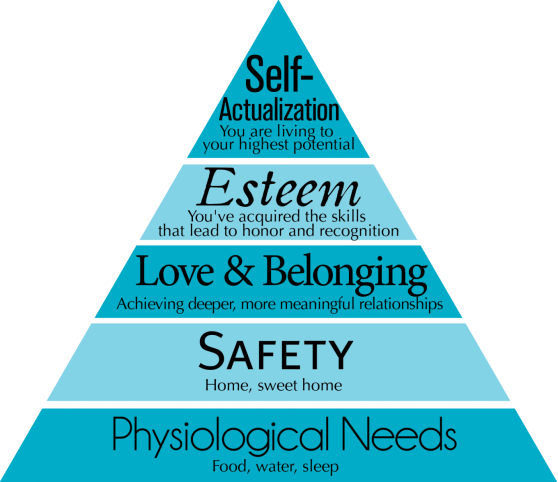What does education do for society? People may argue that the only purpose of school is to teach the reading and writing basics, and to occupy children while their parents go to work. In other words, school is often referred to as babysitting. Education is much more than that, and it is much more than just a job or a paycheck, and what teachers make in a year is not a representation of the quality of Education. (See Taylor Mali’s video on “What Teachers Make.”) This is because education is the most important tool in building a society, and there is no limit to the amount of influence education can have on people and the world around them. Before we ask what education can do for us, we must ask who gets to decide what the purpose of education is. Those who argue that it is babysitting, or those who know that teachers make a difference.
A collaboration between the government, school boards, and teachers constitute the skeletal structures of education. These political bodies hold education up to make learning possible, and more accessible to everyone. However, the learners, parents, guardians, and communities make up the heart of education. Without these groups of people, there would be nobody to develop society and progress us forward. There would be no point to a skeletal structure without a heart to keep it going, or without those with the drive to make education accessible and possible. All of these sources play a part in deciding what the purpose of education is. They are all necessary components, and will have influence on what education does for society.
That being said, education opens many possibilities. Yes, schools teach the reading and writing basics, but that is not the only purpose behind teaching generic subjects, because we do not want to fall into the trap of factory education. Behind every lesson is the ultimate goal of teaching students how to be critical. Through lesson plans and activities in school, students are being taught how to learn, and will carry these lessons on into their future. Being able to critically assess the world around you is an invaluable tool to have, and will help students make educated decisions. It will be ingrained in them to go beyond their initial experiences, and to reflect on what they know. This is one of the purposes of education. Not only will school teach students how to learn, but it will help them critically assess themselves, to help them develop a strong sense of their self-identity.
Another crucial role of schools that I have noticed recently, is providing a safe environment for those who may be coming from a concerning, or unhealthy home. There are students who have been placed into situations in which they are unable to reach the most fundamental of Maslow’s hierarchy of needs; the physical requirements in order to properly function.
In other words, schools and educators alike are asking for students to motivated for something that is at the very top of Maslow’s Hierarchy of needs. When the bottom four are not met, this makes it difficult for students to find the motivation to seek development and self-actualization. Here is a quick video to describe the image above.
This is something that I witnessed during my practicum experience while working at an outdoor soup kitchen. Many of the “regulars” were students in high school who had no guardians, no home, and no regular source of food available. Schools and education can help those in need by providing a safe environment, or providing the means to find a safe environment where those students can feel comfortable enough to reach out for help. They need a place where teachers can reach out to help their students, too. Furthermore, education can help students break out of abusive cycles that they may be trapped in at home. Whereas these children may be hindered, schools can provide them with the tools necessary to flourish.
Although education has come a long way, improvements can always be made through critical thought and reflections. Every child has different baggage that they bring into the classroom with them, and it is crucial that educators acknowledge these students’ unique identities. Teachers must also be able to acknowledge that they, too, have their own baggage. That being said, schools create a lot of positive spaces for children by demonstrating constructive ways to learn, so that in the future we may all continue to take life experiences and make the most of them. School provides a collection of experiences so that students are better equipped for whichever path they choose. Education and all it has done for society inspires me, and as an educator, I hope to help show how it can inspire others, too. We, as individuals, are never too small to make a difference.

